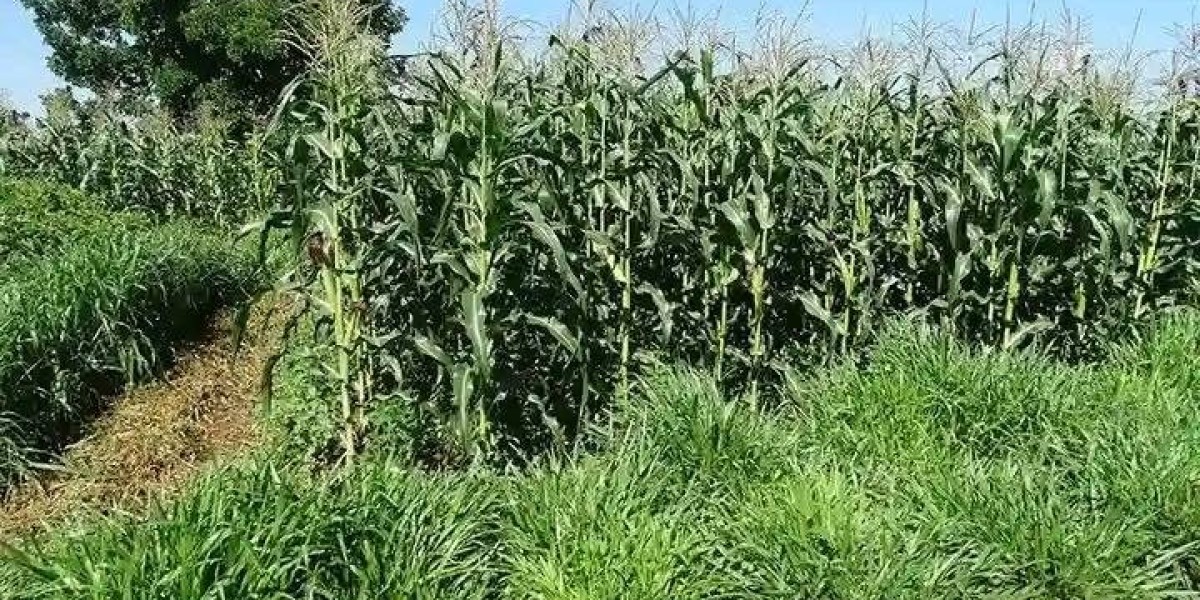:*
In recent years, the agricultural industry has undergone a significant transformation, moving from traditional farming practices to high-tech, data-driven methods. Precision agriculture, also known as smart farming, integrates cutting-edge technologies to optimize crop production, enhance sustainability, and reduce costs.
1. *The Role of AI and Machine Learning*
Artificial Intelligence (AI) is revolutionizing how farmers approach crop management. By using algorithms and machine learning, farmers can predict weather patterns, soil conditions, and crop performance with remarkable accuracy. This enables more precise decision-making on irrigation, fertilization, and pest control, leading to healthier crops and higher yields. AI can also identify diseases early, helping farmers apply treatments only when necessary, reducing chemical usage and costs.
2. *Drones and Aerial Imaging*
Drones have become an indispensable tool in precision agriculture. Equipped with high-resolution cameras and sensors, drones can monitor crops from above, capturing real-time data on plant health, moisture levels, and pest infestations. This aerial perspective provides farmers with valuable insights that would be difficult or time-consuming to gather on foot. Additionally, drones can assist with planting seeds, spraying fertilizers, and even harvesting crops, automating labor-intensive tasks and improving efficiency.
3. *Internet of Things (IoT) in Agriculture*
IoT devices are transforming how farmers monitor and manage their operations. Sensors embedded in the soil, on machinery, and in the environment collect data on factors such as soil moisture, temperature, and nutrient levels. This information is transmitted to a central platform, allowing farmers to track conditions in real-time. With this data, farmers can make immediate adjustments to their practices, such as adjusting irrigation schedules or fine-tuning fertilizer applications, ensuring optimal growing conditions for their crops.
4. *Big Data and Analytics*
The use of big data is one of the most powerful tools in modern agriculture. By analyzing large datasets, farmers can gain insights into long-term trends and patterns that help them predict future outcomes. These insights can inform everything from planting decisions to market forecasting. Big data allows for highly customized strategies tailored to the specific needs of a farm, making it possible to maximize yields while minimizing input costs.
5. *Sustainability and Resource Efficiency*
One of the key benefits of precision agriculture is its ability to promote sustainability. With more efficient use of water, fertilizers, and pesticides, farmers can reduce waste and minimize their environmental impact. Smart farming also enables better management of natural resources, ensuring that crops receive the nutrients they need while preserving soil health for future generations.
6. *The Future of Agriculture*
Looking ahead, precision agriculture will continue to evolve, driven by advancements in technology and data analytics. With the integration of AI, IoT, and big data, the future of farming looks poised to increase productivity while reducing environmental harm. As the global population continues to rise, the need for more sustainable and efficient food production methods becomes even more critical.
In conclusion, smart farming technologies are not just a trend but a revolution in the agricultural industry. By embracing precision agriculture, farmers can improve crop yields, reduce environmental impact, and ensure a more sustainable and secure food supply for generations to come.



